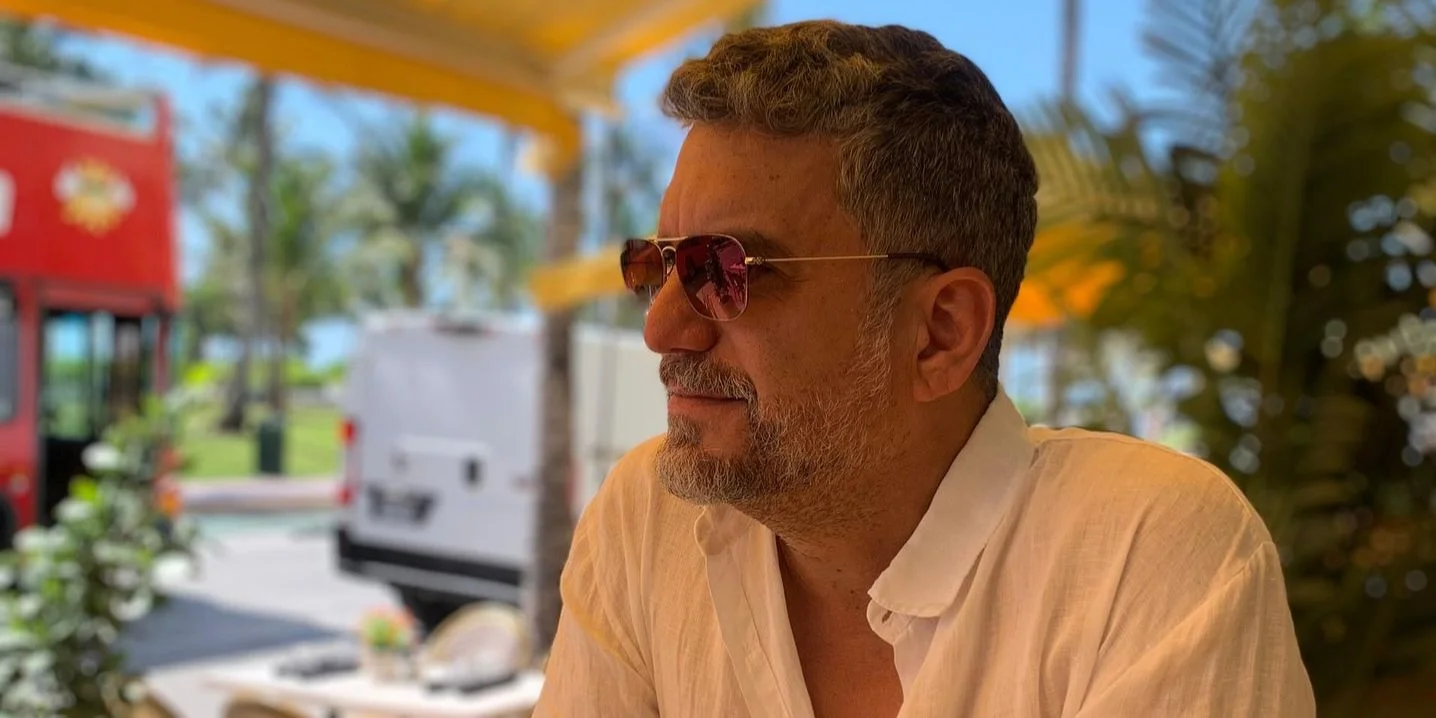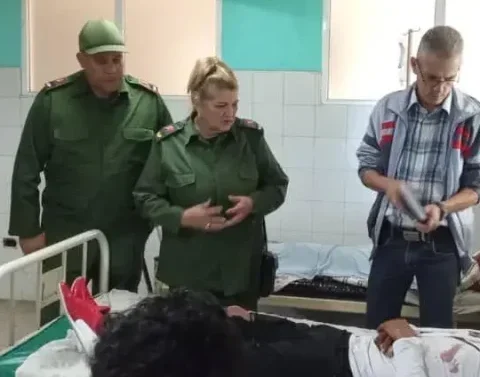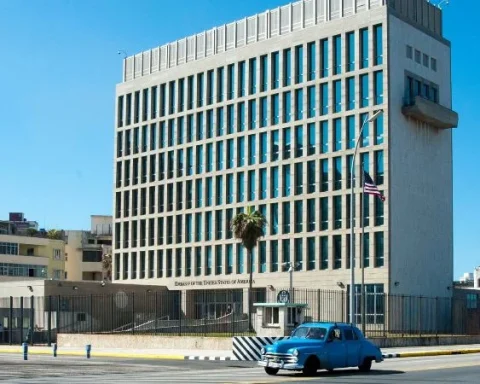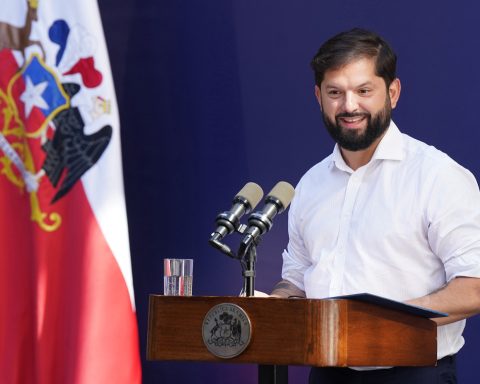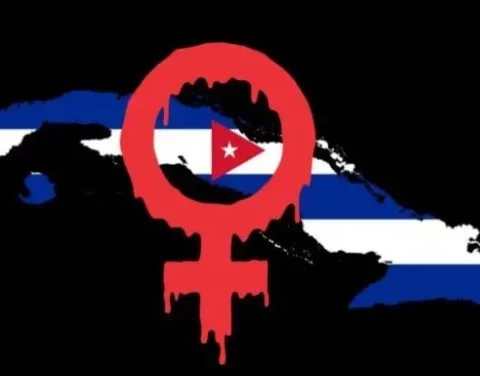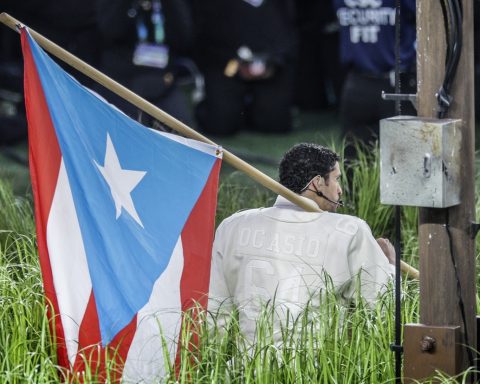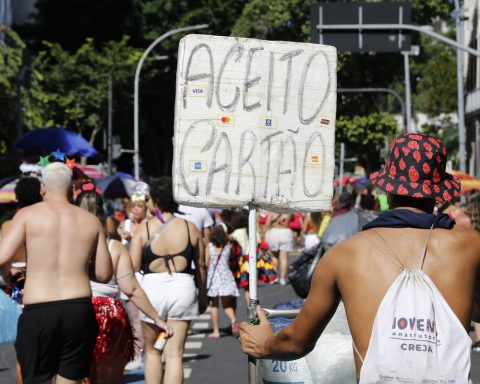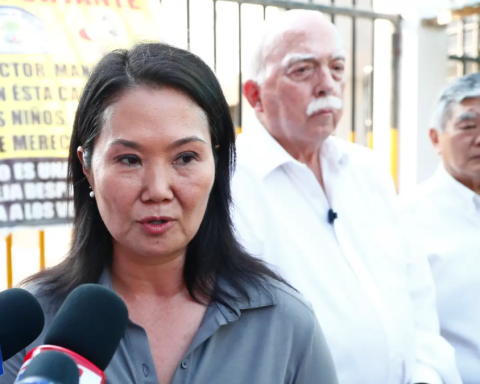HAVANA, Cuba. – Cuban filmmaker Pavel Giroud Eirea is one of the most recognized figures on the island’s cinematographic scene today. The director, born in Havana in 1973, now resides in Spain, where he has tried to pursue a career away from the restrictions and censorship policies of the island’s institutions.
In Cuba he directed Three times two, The age of the peseta and Omertawhile from Spain it has done Playing Lecuona, The Companion and The Padilla case. He is currently finishing what will be his film Commander Fritz.
―How do you find the plot idea for a film?
―There are no formulas in this. when I saw Memories of underdevelopment I took with me: “Since El Encanto burned, Havana looks like a provincial capital.” That phrase marked three times two. Omerta It arises from stories about the treasures hidden in Cuban houses, belonging to wealthy people. The companion arises from a press headline: “Cuba is one of the countries with the best rates of HIV infections.”
I asked myself how this was possible in a country where sex is the national sport and I found the answer in the almost prison-like control regime that the Government imposed to control the spread. In the case of The age of the peseta and Commander FritzI have received scripts from Arturo Infante and then I have worked on them with him trying to make them my own.
—How do you choose the cast for a production?
―It’s a process that varies, I’m not one to do much casting. For The companion The protagonist was going to be Lázaro Ramos, the renowned Brazilian actor, but a personal problem arose. I started looking for alternatives. Yotuel comes to mind because of his physique, and he convinced me that the character was his. He is one of the most dedicated and disciplined actors I have ever had in my career.
It was my mother who recommended Yadier Fernández to me Omertaand Camila Arteche for the character of Lisandra in The companion. Omerta I wrote it for Reynaldo Miravallesbut they told me in the ICAIC that nothing of that is a political issue. Then I remembered an actor that fascinated me in my childhood, Manuel Porto. A curious case is that of my next film, which had had another director before and had chosen some actors; His choice seemed perfect to me and I stuck with it.
―When did you start your career as an independent film director?
―I have always been an independent filmmaker. Although I made two films with the ICAIC, co-produced with Spain, I was never interested in being on the payroll of any institution, neither as a designer, which is my true profession, nor as a filmmaker. And, although before my generation independent films were made in Cuba, the first to use that term was me on the advertising poster for the short film All for her.
I took advantage of the fact that American independent cinema was fashionable and used it as a hook. Shortly after, two Counterintelligence agents showed up at my house to ask me what independent cinema was, convinced that all independents, especially economists and journalists, were at the service of “the Yankee empire.”
-Why make the decision even in Cuba not to produce more with the ICAIC?
―My breakup was as a result of Omertawhich is financed thanks to a prize I got for its script (that made Spanish TV and a Spanish production company come in and complete the financing). When we finished filming they told me that they couldn’t pay the workers because the money from my film was for late payments they had for two films produced by the Ministry of Culture.
I argued with Omar González, then president, and I told him that the money was not to make up for the inefficiency of the ICAIC, but for the workers of my film. I managed it, but I decided that with them nothing more. I never made films with purely state funds; On the contrary, instead of sucking money from them, I brought them. For years, The age of the peseta was the Cuban film that generated the most money from sales of rights to television stations, after Strawberry and chocolate.
―What advantages and disadvantages does it have to make independent films on the Island?
―The same as being an entrepreneur and not an employee. There is no greater advantage than that of freedom nor greater risk than that of the uncertainty that begins in the creative process and can end in the police authorities knocking on your door to see what you are up to, warn you, threaten you and even take you to prison for make use of those freedoms. I received some “kind” warnings and the offer to collaborate with them, something I refused with the same kindness.
―Do awards define the talent behind a film?
―It depends on what type of award and who awards it. An award at a prestigious film event to a cinematographer recognizes good work. “El Machete de Maceo” for your cinematographic work rewards you more for being faithful to the regime than for your artistic merits.
The mistake is chasing the prizes, if they give them to you, use them. It is a good element of promotion and help for the upcoming project. I would prefer that there not be a competition, but since there is a competition and the prizes are part of the game, you have to add them to your cause. Be happy to receive them, but don’t break down when they don’t give them to you.
―How limited is audiovisual production in Cuba?
―It was always little, even in its most fertile moments, and that is normal in a small country. Cuban cinema before the Revolution was scarce and of low level, with some exceptions. When the ICAIC was founded, cinema was the perfect platform to sell and export a social product, which contributed to reaffirming the image of Fidel Castro and the bearded men as heroic icons.
In the 70s and 80s, the State injected a lot of money into cinema and it was very popular; In the 90s the country collapsed, and the cinema with it. The time of co-productions is coming, especially with Spain and France; That model energized the industry. In the 2000s my generation burst in, the ICAIC opened the door to independents. Cuban independent cinema is the one that now goes to the big festivals, the one that wins or is nominated for important awards.
―How much does politics influence the cinematographic content that is currently being made in Cuba?
―Politics contaminates any creation in Cuba, except for those who paint rainbows or flowers and make poems about spring. In my films I mediate the Cuban Revolution as another character, even in those that seem not to. For example, in Omertathe Revolution ends the world to which my protagonist belonged. In Playing Lecuonaits most renowned musician is kicked out of the country, although that is barely talked about in the film.
In The companionthe Revolution has its protagonist prisoner, for being infected with HIV. In The Padilla caseI don’t have to explain what he did to the poet and the Cuban intellectuality; and in Commander Fritzthe Revolution according to a dialogue by its protagonist, watches over his dreams, after having frustrated the biggest of them.
-How much did the situation of Cuban cinema and the restrictions influence your leaving the country?
―In 2000 I was about to stay in New York after having spent a few months there, but I had a hunch that something was going to happen in Cuba and so it did, my career took off and I had no shortage of work, I was shooting films and I could live to make video clips, promotions and documentaries for the music industry. I lived comfortably solely from my job, but I decided to leave for my family.
My son was born, and his mother and I were very clear that we did not want the education for him that we were seeing in school, not only because of indoctrination, but because of the teachers. Between that, and the fact that I had reached my peak in my profession, I was excited by the idea of starting over. I have gone through very difficult times, but not even in them did I regret having made that decision. I considered myself an emigrant, since I went to Cuba a couple of times a year, after doing The Padilla case I do feel the feeling of exile.
―What opinion do you have about the film industry in Cuba at the moment?
―I can tell you little about the production situation on the Island. I have slowly been losing my grip on Cuba. I think the most interesting thing today is that there is a growing Cuban cinema in the diaspora, coexisting with what is made there.
